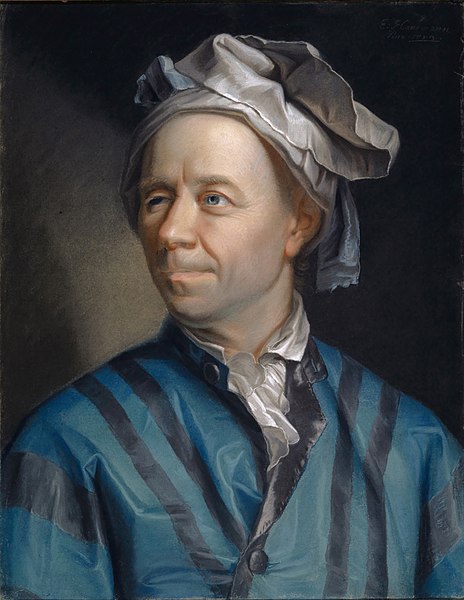Algebraic number theory is a branch of number theory that uses the techniques of abstract algebra to study the integers, rational numbers, and their generalizations. Number-theoretic questions are expressed in terms of properties of algebraic objects such as algebraic number fields and their rings of integers, finite fields, and function fields. These properties, such as whether a ring admits unique factorization, the behavior of ideals, and the Galois groups of fields, can resolve questions of primary importance in number theory, like the existence of solutions to Diophantine equations.
Title page of the first edition of Disquisitiones Arithmeticae, one of the founding works of modern algebraic number theory.
Number theory is a branch of pure mathematics devoted primarily to the study of the integers and arithmetic functions. German mathematician Carl Friedrich Gauss (1777–1855) said, "Mathematics is the queen of the sciences—and number theory is the queen of mathematics." Number theorists study prime numbers as well as the properties of mathematical objects constructed from integers, or defined as generalizations of the integers.
The distribution of prime numbers is a central point of study in number theory. This Ulam spiral serves to illustrate it, hinting, in particular, at the conditional independence between being prime and being a value of certain quadratic polynomials.
The Plimpton 322 tablet
Leonhard Euler
"Here was a problem, that I, a ten-year-old, could understand, and I knew from that moment that I would never let it go. I had to solve it." —Sir Andrew Wiles about his proof of Fermat's Last Theorem.





